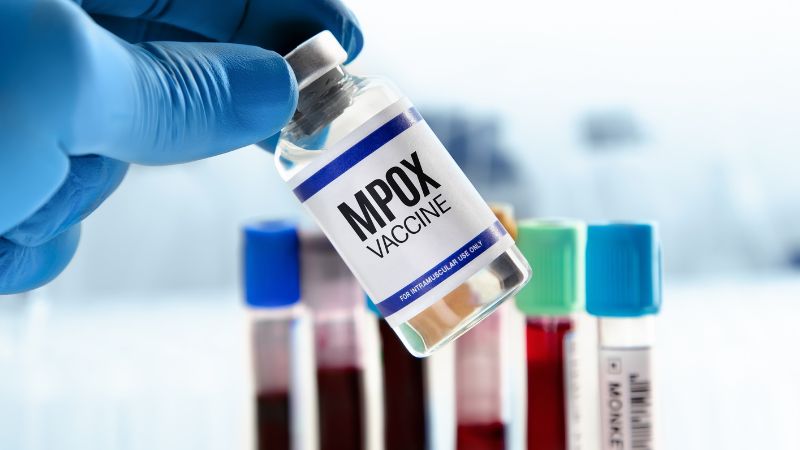Gay and bisexual men who contracted mpox during the 2022 outbreak faced significant stigma according to new research from the University College London (UCL).
The findings published in the journal eClinicalMedicine looked at men based in Europe who had contracted the mpox virus, formerly known as monkey pox.
The researchers hope their findings will help inform future health responses to ensure that stigma and discrimination does not occur and ensuring people will be able to access quality health care.
An ongoing outbreak of mpox was first confirmed in the UK in May 2022 and by the end of the year, the UK government had confirmed 3,732 cases of the disease.
A year later cases of the virus are rare in Western countries, but for those living in areas where cases are still occurring at a high level the research will be more poignant.

Researchers held in-depth interviews with 22 cis and transgender gay and bisexual men who were diagnosed with mpox and four stakeholders who were involved in the response, including clinical and community-based organisations.
The interviews asked the men about their experiences of illness, testing, diagnosis, treatment and contact tracing.
From their conversations, the researchers found that mpox had a substantial impact on the well-being of men who were diagnosed with the disease.
They reported that sensationalised media reporting was a factor in how they experienced their diagnosis, and homophobic stereotypes were often in play. They also found that sometimes medical professionals were lacking knowledge of the outbreak, leading to delays in people getting treatment.

Lead author, Dr Charles Witzel (UCL Institute for Global Health), said the stigma surrounding the virus had led to a reducing in quality of care.
“Stigma was a central feature of mpox illness and could be worsened or lessened depending on the quality of care received and how sensitive it was to the unique needs of gay and bisexual men.
“Despite struggling with intense workloads, sexual health services and specialist infection disease units usually did a good job providing care for men with mpox, because they were skilled at working with the LGBTQ+ community and managed transmission risks sensitively.
“However, some hospital services such as A&E departments which had less experience of providing care to this group were usually badly equipped to support gay and bisexual men with mpox and, in some cases, treated them very poorly, leading to experiences of stigma.
“In order to improve quality of care for emerging infectious diseases, it is important to include affected communities in the development and delivery of support.”
Mpox was first discovered in 1958, when outbreaks of a pox-like disease occurred in monkeys kept for research. The first human case was recorded in 1970. Historically mpox cases have mostly occurred in Central and West Africa, with limited numbers of cases outside of this region.
Symptoms of mpox include a fever and a blister like rash – which eventually forms into scabs. However, the clinical presentation can vary widely and a highly serious form of mpox has been observed in people who are immunosuppressed, including those with advanced HIV which is not well controlled by medication. An individual is contagious until all the scabs have fallen off and there is intact skin underneath.
However, mpox doesn’t spread easily between people unless there is very close contact, such as kissing or other sexual contact. The 2022-24 outbreak has occurred mostly in the sexual networks of gay and bisexual men.



